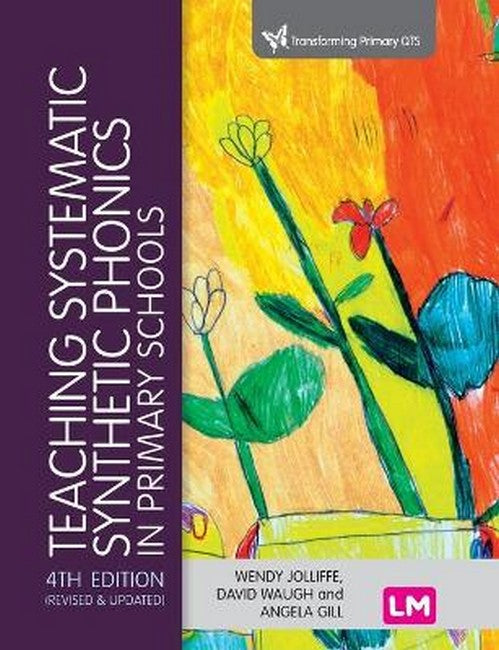Wendy Jolliffe is Professor of Education and worked in Initial Teacher Education (ITE) for 14 years; latterly as Head of Teacher Education at the University of Hull. She worked previously as a Regional Adviser for the National Strategies and advised ITT providers on effective provision for literacy. She has published extensively in Primary English and Cooperative Learning. David Waugh is a former deputy headteacher who worked in ITT from 1990 at the University of Hull, where he led the PGCE course and became Head of Department. In 2008 he was appointed as one of two (the other being Wendy) National Strategies Regional Advisers for ITT. He is currently lectures at Durham University. He has published extensively in primary English, as well as developing e-learning resources for National Strategies for English, mathematics and mentoring and coaching. David also writes children's stories, including The Wishroom, which was written with 45 children from 15 East Durham primary schools and published in 2017. Angela Gill is Programme Director for BA Primary Education and subject lead for Primary English at Durham University, working on both UG and PGCE programmes. She is an experienced teacher and worked in primary classrooms for many years before taking up the post at Durham University.
Request Academic Copy
Please copy the ISBN for submitting review copy form
Description
Section 1: Subject knowledge for teachers 1. The place of phonics in the teaching of reading 2. Discriminating sounds and phonemes 3. Grapheme-phoneme correspondences and 'tricky' or common exception words 4. Decoding and encoding text 5. Long vowel digraphs - the advanced alphabetic code 6. Phonics into spelling Section 2: Effective pedagogy 7. Teaching phonics in the early years 8. Multi-sensory and interactive methods 9. Teaching a systematic structured progression 10. Planning for phonics 11. Tracking and assessing pupils' learning and effective intervention 12. Teaching phonics in Key Stage 2 13. Using a range of programmes and resources 14. Using technology to support the teaching of phonics Section 3: Challenges: in learning and teaching phonics 15. Challenges for teachers, parents and pupils 16. Teaching and learning phonics for pupils with individual needs

